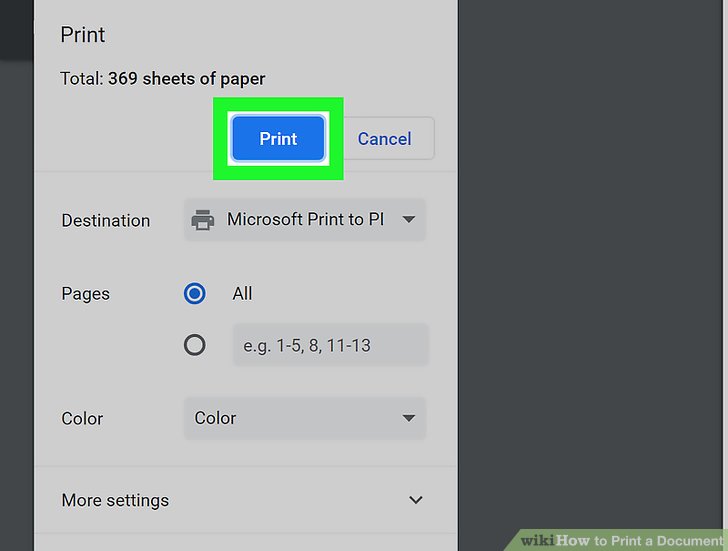How Your Congressman Can Assist With Immigration Issues: What You Need to Know
Understanding Congressional Assistance in Immigration Matters
Facing an immigration issue can be stressful and confusing, especially when your case faces delays, complications, or hardship. Many individuals are unaware that their local Congressional representative may be able to assist in certain circumstances. While your member of Congress cannot guarantee an outcome or overturn agency decisions, their involvement can sometimes make a significant difference by drawing attention to your case and facilitating communication with federal agencies. This article explores how Congressional offices can help, the limits of their authority, and how you can seek their support.

Source: alamy.com
What Can a Congressional Representative Do For Your Immigration Case?
Congressional representatives have a unique position within the U.S. government, which allows them to advocate for their constituents. Most Congressional offices have dedicated staff who act as liaisons with agencies responsible for immigration processing and enforcement, such as U.S. Citizenship and Immigration Services (USCIS), Immigration and Customs Enforcement (ICE), and the Department of State (DOS). When you reach out for help, these staffers can:
- Inquire about the status of your case if you are experiencing lengthy delays or unexplained inactivity.
- Request expedited processing in situations involving severe hardship or urgent needs, provided you meet the agency’s criteria for urgency, such as severe financial loss or urgent medical situations [1] .
- Facilitate communication between you and the relevant federal agency if you have trouble obtaining information or responses.
- Assist with errors or complications in your application or file, such as lost documents or administrative mistakes.
It is important to understand that while Congressional intervention can often highlight an urgent case or prompt a response, it does not guarantee a positive outcome. Representatives cannot force agencies to approve an application or reverse a denial, nor can they circumvent the law or agency policies [2] .
When Should You Contact Your Congressman?
There are several situations where seeking help from your Congressional representative may be appropriate:
- Major Delays: If your application or petition has been pending for an extended period with no updates or resolution, especially beyond normal processing times.
- Urgent Hardship: If you or your family faces urgent financial, medical, or humanitarian hardship linked to your immigration case. For example, a family member’s life may depend on timely visa approval, or a business suffers severe losses due to employee visa delays [1] .
- Complications or Mistakes: If there are errors in your file, documents have been lost, or you are unable to receive a response from the relevant agency.
- Potential Deportation: If you are at risk of imminent removal and have unresolved legal or humanitarian concerns, you can ask your representative’s office for support. In some cases, having privacy release forms on file can facilitate a rapid response if urgent action is needed [2] .
What Are the Limits of Congressional Assistance?
Your Congressman’s office can help by making inquiries, advocating for expedited handling, or clarifying agency procedures, but their power has important limits:
- No Authority to Override Decisions: Congressional offices cannot force USCIS, ICE, or DOS to approve an application, grant a waiver, or change a denial. They cannot create exceptions to the law or agency rules [4] .
- Cannot Intervene in Every Case: Agencies have strict criteria for expediting or reconsidering cases. Congressional involvement may not have an effect if your case does not meet these criteria, such as emergencies, severe hardship, or agency error [1] .
- Limited Influence Over Deportations: In recent years, agency policies have restricted the ability of Congressional offices to delay or halt deportations, even when private bills are introduced in Congress [4] .
- No Legal Representation: Congressional offices do not provide legal advice or representation. You may still need to consult with an experienced immigration attorney for complex matters or appeals.
Step-by-Step: How to Request Help From Your Congressional Representative
If you are considering enlisting your Congressman’s help, follow these steps for the best chance of a positive result:

Source: juniorsilveira.com.br
- Identify Your Representative: Use official government resources to determine who represents your district in the House of Representatives or Senate. You can search for “Find my U.S. Representative” or visit the official U.S. House or Senate websites.
- Gather Documentation: Prepare all relevant documents, including receipts, case numbers, correspondence with agencies, and any evidence of hardship or urgency.
- Contact the District Office: Congressional offices typically have constituent service staff who handle immigration matters. Email is often the best way to initiate contact, unless it is a dire emergency, in which case a phone call may be more effective [2] .
- Submit a Privacy Release Form: To authorize your representative to make inquiries on your behalf, you will need to sign a privacy release form. The office will provide instructions and the necessary paperwork.
- Explain Your Situation Clearly: Provide a concise, factual summary of your case, the problem you are facing, and why you are requesting assistance.
- Follow Up Respectfully: Congressional offices handle many requests, so allow time for a response. Avoid contacting multiple representatives simultaneously, as this may delay your case.
Real-World Example: How Congressional Help Made a Difference
Many individuals and families have successfully resolved complex immigration issues with the support of their Congressional offices. For instance, some have reported that after months of no progress with USCIS, contacting a representative’s office led to a status update or even expedited processing when urgent medical or financial hardship was demonstrated. In one situation, an attorney described how involving a representative in a case of family separation resulted in a timely response from the agency, though not necessarily a favorable outcome [1] .
Challenges and Considerations
While Congressional offices can be valuable advocates, several challenges exist:
- Strict Agency Criteria: Agencies require compelling evidence of hardship for expedited requests, such as severe financial loss or urgent medical needs. Simple inconvenience or standard delays may not qualify [1] .
- Changing Policies: Federal agencies sometimes alter how they respond to Congressional inquiries. For example, ICE has, at times, refused to delay deportations even when requested by Congress, reducing the effectiveness of intervention [4] .
- Limits on Outcomes: Even with Congressional involvement, there is no guarantee of approval or reversal. The agency’s decision will be based on law and policy.
- Volume of Requests: Large Congressional districts may receive many requests for assistance, which can slow the process.
To improve your chances, present clear, well-documented evidence, and be realistic about what Congressional involvement can achieve.
Alternative Approaches and Additional Resources
In addition to contacting your Congressional representative, consider the following strategies:
- Contact the Agency Directly: Before seeking Congressional help, try using the official channels of USCIS, ICE, or DOS to check your case status or request expedited processing. The USCIS website provides information on case processing times and service requests.
- Consult an Immigration Attorney: For complex or high-stakes situations, an experienced immigration lawyer can provide legal advice and represent your interests. Attorneys can also coordinate with Congressional offices when necessary.
- Community Organizations: Local nonprofit organizations and advocacy groups sometimes offer support with immigration cases and may have experience working with Congressional offices.
- Keep Records: Maintain copies of all correspondence, case numbers, and responses you receive from agencies or Congressional offices.
If you are unsure about eligibility or next steps, you can search for “USCIS case assistance,” “immigration legal aid,” or “find my U.S. Representative” through official government and recognized nonprofit websites.
Key Takeaways
Your Congressional representative can be a valuable ally if you are facing delays, hardship, or complications in your immigration process. While they cannot guarantee an outcome or bypass agency decisions, their involvement often helps clarify your case, prompt action, or resolve administrative issues. Approach the process with clear documentation, realistic expectations, and a willingness to follow established procedures for submitting your request. For legal advice or representation, consult a qualified immigration attorney.
References
- [1] Nadia Yakoob Law (2024). How Congressional Representatives Can Help with Immigration Cases.
- [2] Nadia Yakoob Law (2019). Contacting Your Congressional Representative: An Option to Consider for Your Immigration Case.
- [3] American Immigration Council (2018). USCIS Makes It Harder for Congress to Help Constituents with Immigration Cases.
MORE FROM couponnic.com













